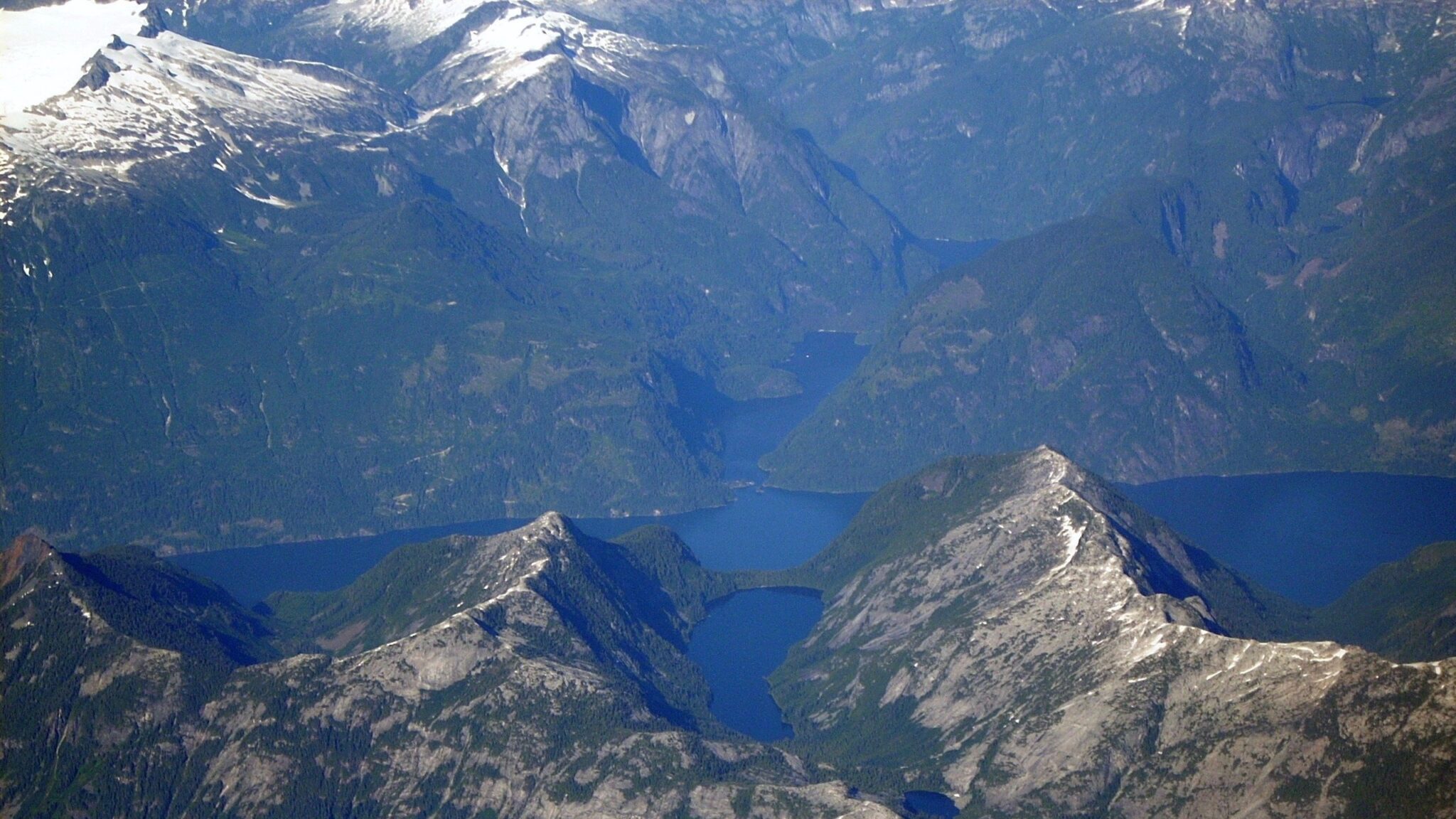

Princess Louisa Inlet on the British Columbia Coast. Wikipedia / CC BY 3.0
A Canadian charity has successfully crowdfunded $3 million to save 800 hectares (approximately 1,977 acres) of wilderness from development. Instead, the property on British Columbia’s Princess Louisa Inlet will now be one of the first crowdfunded parks in the country, CBC News reported.
The BC Parks Foundation, the official charity partner of BC Parks, set out to raise the money when the property was put up for sale.
“There were a couple of offers for it to be logged, so a lot of people came to us and said, ‘Is there something you can do? Can we get together, can we try to protect this place?’ So we said yes,” BC Parks Foundation CEO Andy Day told Global News.
The group negotiated a price of $3 million, with an Aug. 28 deadline for raising the funds. They only barely made that deadline: The last of the money came in Aug. 27, according to CBC News. The purchase was finalized on Tuesday.
“You did it! Your love for British Columbia and beautiful places like Princess Louisa Inlet has done something miraculous,” the group wrote in a message to supporters.
You did it! We are overjoyed to announce we have finalized the purchase of three properties in Princess Louisa Inlet. Your love for keeping BC beautiful has protected a magnificent jewel. Enjoy the wonderful feeling and spectacular view! Thank you and congratulations to everyone! pic.twitter.com/vsHg8SZUz5
— BC Parks Foundation (@bcparksfdn) September 3, 2019
Donations came from as far away as Germany and Japan, according to Global News. Many small donors contributed to meet the foundation’s goal.
“It was so many people who gave us $10 or $15 and said, ‘This is all I can do, but this is a wonderful thing that you’re doing,'” Day told CBC News.
Now that the money is raised, the group will work with the Sechelt Nation and the provincial government to finalize plans for the property. Its ultimate goal is to bundle it with other protected land in the area to create a 9,000 hectare (approximately 22,240 acre) park around the inlet.
Princes Louisa Inlet is the best example of a southern fjord in North America, according to the BC Parks Foundation. It is currently undeveloped and has no roads. It supports wildlife like grizzly bears, mountain goats, eagles, northern goshawks, threatened marbled murrelets, marine life and moss and lichen. The land purchased by the foundation covered three miles of waterfront on the inlet’s south side.
“It’s really a huge portion of the inlet and we’ll do our best to make sure that that area stays protected forever,” Day told CBC News.
It's a spectacular piece of unspoiled wilderness on B.C.'s Sunshine Coast, and it's for sale.
The bad news: it costs at least $3 million
The good news: A group that works with B.C. Parks has already raised $2 million.We sent @raffertybaker for a look. | @cbcnewsbc pic.twitter.com/a6BYqk3aLH
— CBC (@CBC) June 21, 2019
Day said that crowdfunding campaigns to create parks were unusual, but could become an increasingly important conservation tool.
“I think hospital foundations and all the charities out there know that government can’t do everything,” he told Global News. “So the way that companies and private citizens and governments can come together around things to do great things, that’s the model of the future, and I think it’s a really beautiful model in the sense that it just allows more people to participate and be a part of something great.”

 233k
233k  41k
41k  Subscribe
Subscribe 